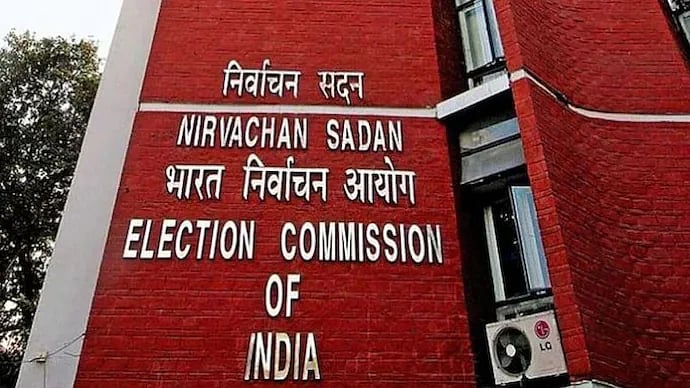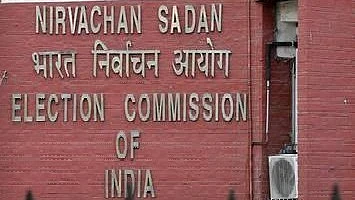Few were surprised when the Election Commission (EC) announced a Special Intensive Revision (SIR) of voters’ lists in 12 states and Union Territories, including Kerala, Tamil Nadu, Puducherry, and West Bengal—all of which go to the polls in 2026. The process, which involves verification and revalidation of voters’ credentials, has already begun in these states. However, Assam has been kept outside the current exercise, as its electoral revision is being carried out under the direct supervision of the Supreme Court. A separate order will be issued there. What has surprised many is the timing. Those who assumed that the EC would wait until the Bihar elections were completed before undertaking such a massive exercise across the country have been proved wrong.
In Bihar, where a similar SIR was conducted recently, the EC faced multiple challenges—political, legal, and administrative. The process led to the exclusion of six million names from the rolls. Though the EC justified the move as part of its drive to ensure clean and accurate electoral lists, opposition parties alleged that genuine voters had been disenfranchised. The final impact of the exercise, in terms of political advantage, will only be known after the results of the Bihar elections are out. The EC insists that the SIR is constitutionally mandated. Yet, what remains contentious is the reference year to be used for verification. The Commission has indicated that the rolls from the 2002–04 period will serve as the baseline, as that was the last time a nationwide SIR was conducted. Since then, revisions have been routine and localised—carried out without necessarily demanding fresh proof of identity. The EC’s stated rationale is twofold: first, to establish a common benchmark for all states; and second, to weed out ineligible or foreign nationals who may have managed to get their names included.
But this reasoning has not gone unchallenged. Kerala Chief Minister Pinarayi Vijayan has argued that such an approach violates the Representation of the People Act, 1950, and the Registration of Electors Rules, 1960. The Kerala Assembly even passed a resolution opposing the SIR, but it was ignored by the Commission. The dispute has practical as well as constitutional implications. In Kerala, elections to panchayat and municipal bodies are due soon. With the EC declaring that the old electoral rolls stand invalid, the question arises whether these local body polls will have to wait for the completion of the SIR. The EC’s determination to conduct a thorough revision deserves appreciation if the goal is a clean and credible voters’ list. But it must ensure that the process does not trample upon federal principles or disrupt democratic timelines. Clean rolls are important—but so is maintaining public trust in the institution that prepares them.










